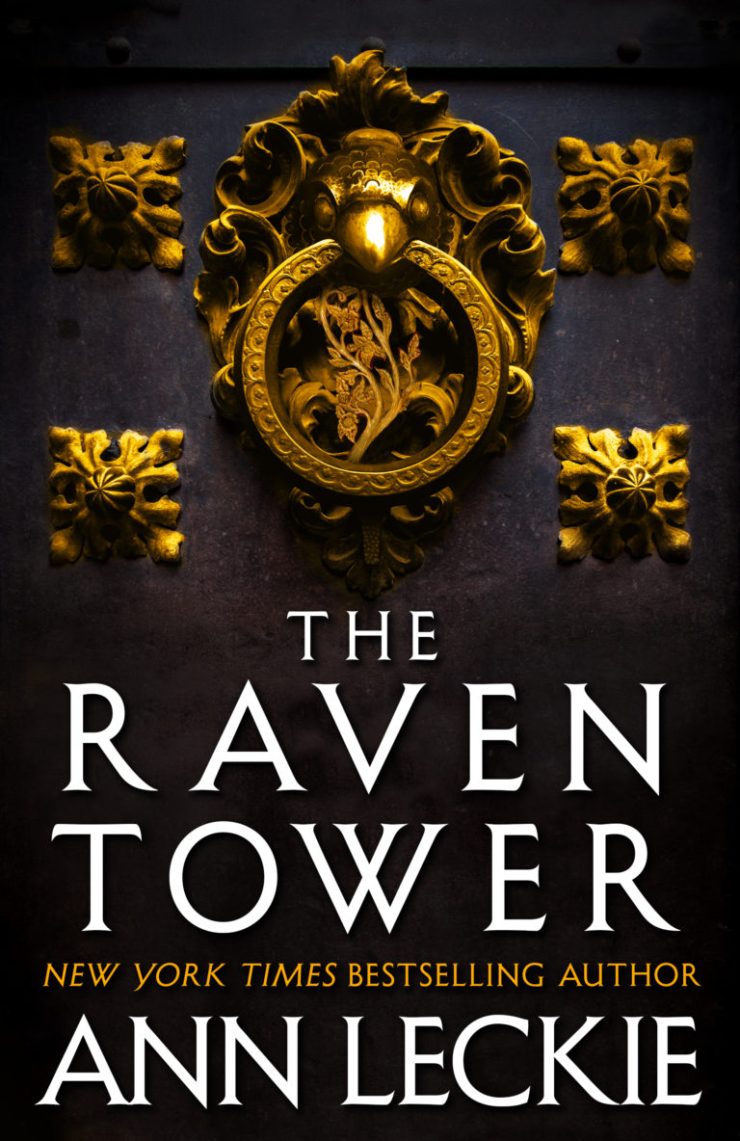For centuries, the kingdom of Iraden has been protected by the god known as the Raven. He watches over his territory from atop a tower in the powerful port of Vastai. His will is enacted through the Raven's Lease, a human ruler chosen by the god himself. His magic is sustained via the blood sacrifice that every Lease must offer. And under the Raven's watch, the city flourishes.
But the power of the Raven is weakening. A usurper has claimed the throne. The kingdom borders are tested by invaders who long for the prosperity that Vastai boasts. And they have made their own alliances with other gods.
It is into this unrest that the warrior Eolo--aide to Mawat, the true Lease--arrives. And in seeking to help Mawat reclaim his city, Eolo discovers that the Raven's Tower holds a secret. Its foundations conceal a dark history that has been waiting to reveal itself...and to set in motion a chain of events that could destroy Iraden forever.
There are two main storylines in this book and both are told from the point of view of a god, in a world where there are many gods of different powers. One story tells the god’s history — first awareness, how the world has changed since then, learning to communicate with humans, etc — while the other story follows a human in the “present day”. The latter story is also told by the god so it’s actually I second person as though the god is speaking to the other protagonist.
At first I was happy to go along with the interesting premise, before I had a clear idea of where the story was going. But then, once the threads started to come together, it became rather difficult to put the book down. Especially as it ramped up towards the end because gosh was that a dramatic ending that I’m not going to spoil (!!!).
The easiest book to compare The Raven Tower to is Terry Pratchett’s Small Gods, but only really because of the shared subject matter. The ideas of small gods are very similar, but aside from that the two books have little in common. I’m not sure I’ve read anything else similar to The Raven Tower. The intertwining of the two stories was expertly done, with many of the transitions leaving me wanting more, only to start reading the next section and be reminded that I had wanted more of that one too.
I highly recommend The Raven Tower to fantasy fans, especially those who enjoy reading about different types of gods and different systems for the existence of said gods. I also recommend it to readers who are looking for standalone fantasy books. While it's possible more stories could be written in this world in the future, I think it's unlikely and would lessen the impact of this one.
4.5 / 5 stars
First published: February 2019, Orbit
Series: Don't think so
Format read: eARC
Source: Publisher via NetGalley





